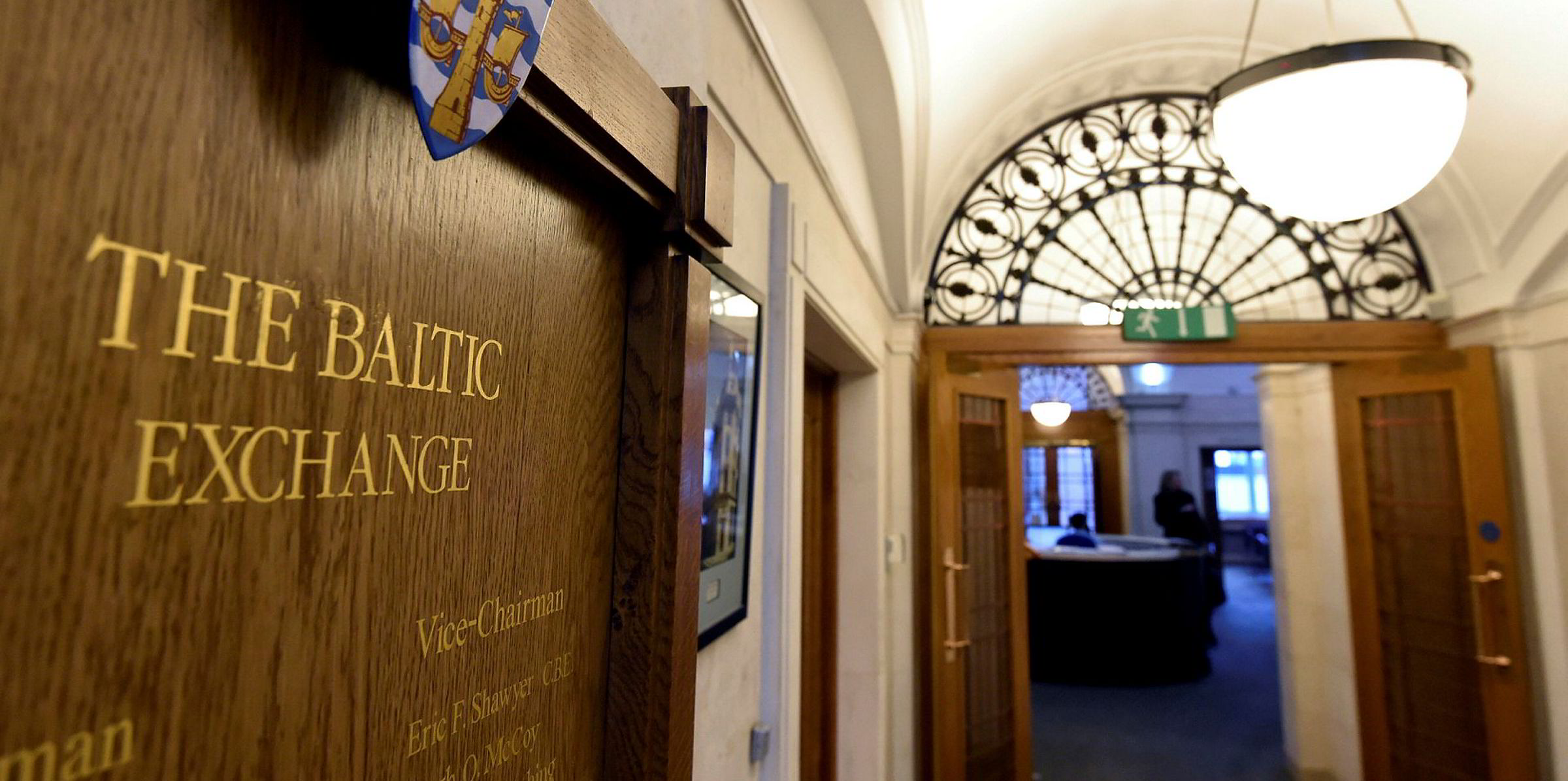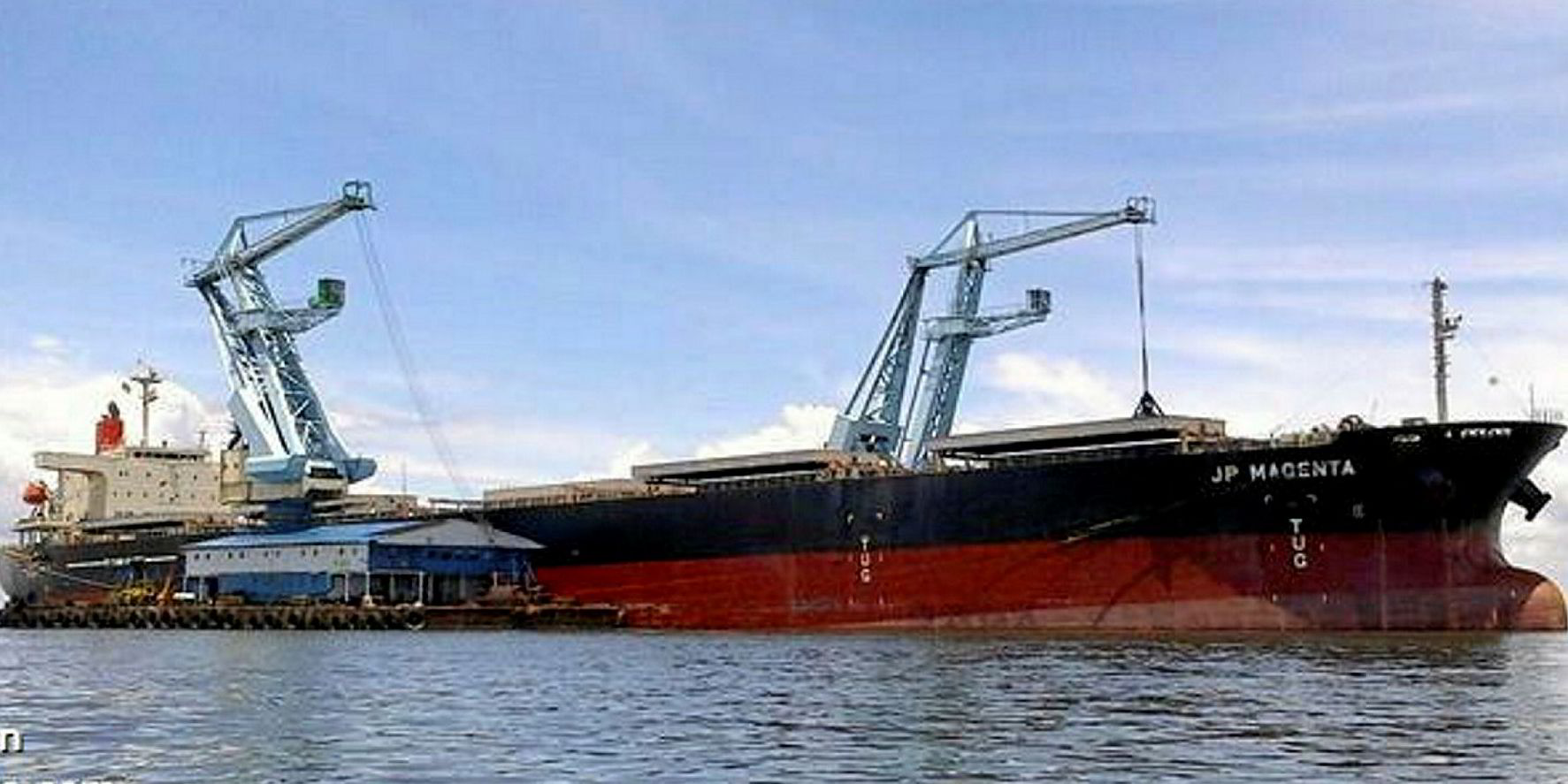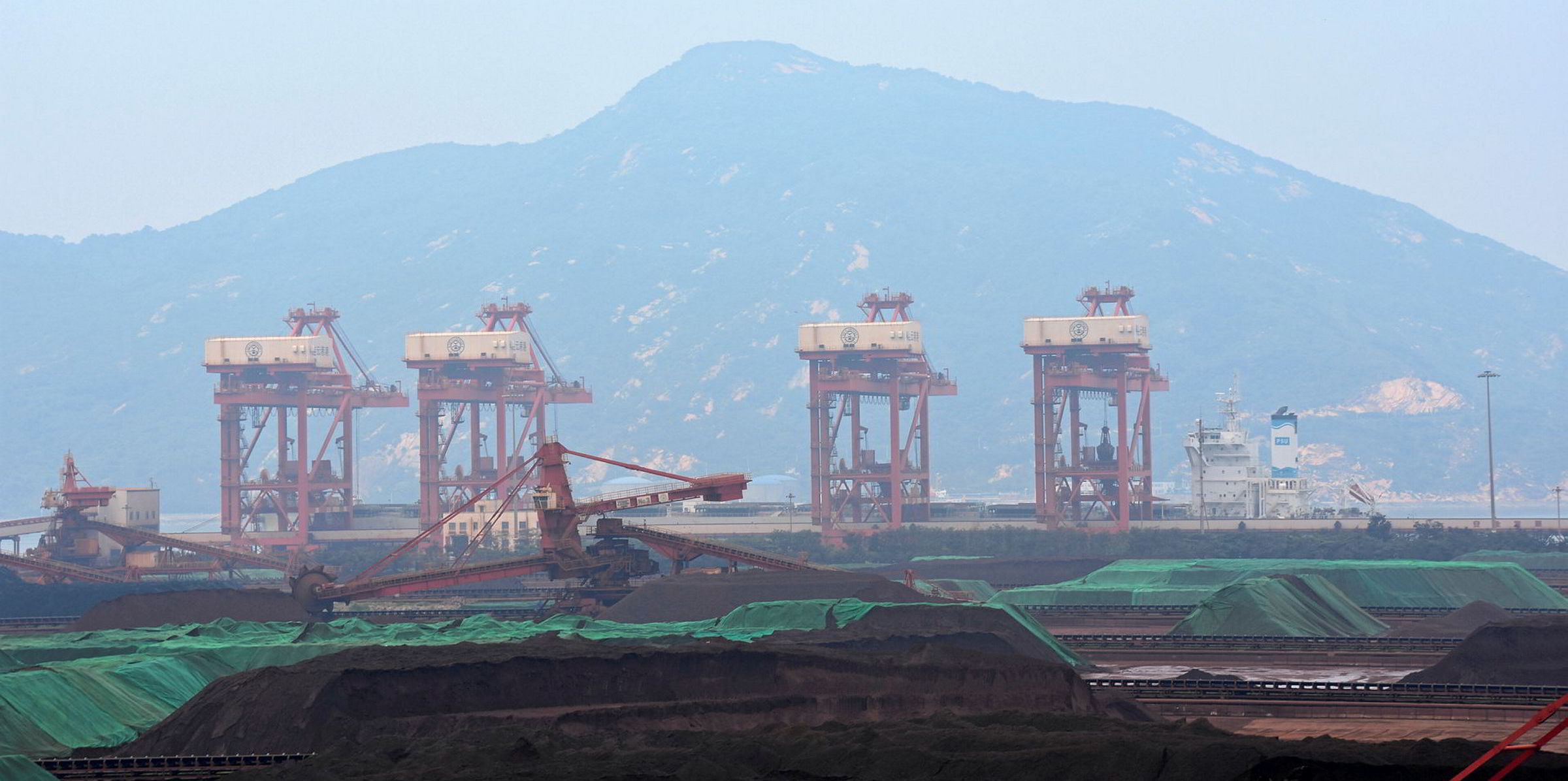Strengthening dry markets have enabled the Baltic Dry Index (BDI) to finally break through the 1,000-point mark for the first time in 2020.
The index mounted a one-day gain of 81 points on Tuesday to reach 1,054, showing improving spot rates across the capesize, panamax and supramax markets from which the BDI is compiled.
It has been almost half a year since the index was at four-figure levels, when it was assessed at 1,090 points on 24 December last year.
The index has remained depressed since then, bottoming out this year at 393 points on 14 May — the lowest level seen since March 2016.
Capesize picture
Yet again, the BDI's rise has been aided principally by the capesize spot market, which continues to go from strength to strength.
Capesize earnings for the Baltic Exchange's five major benchmark routes (5TC) were assessed $1,489 higher at $14,786 per day on Tuesday.
Capesize fixtures reported on Monday — the latest available at the time of writing — show that the supply of iron ore cargoes from Western Australia continues unabated, with three new voyage deals reported.
All but two capesizes booked for iron ore voyages since last Monday are bound for China, as demand from the country's steel producers remains firm — as TradeWinds has reported.
China has been importing iron ore cargoes from as far afield as South Africa and even Norway, as well as from its usual suppliers in Brazil and Australia, according to fixtures reported during the past few trading days.
Another capesize was reported fixed on Monday for an ore voyage from Saldanha Bay, South Africa, to China as part of a tender by South African miner Ore & Metal Co.
The deal was fixed at a reported rate of $12 per tonne, with loading from 3 July.
Other markets
The panamax market is also doing well, with spot earnings assessed $586 higher on Monday at $8,545 per day, thanks to a particularly strong Atlantic market for front-haul routes.
Rates for transatlantic round voyages from the European continent leapt by $1,210 on Monday and were assessed at $5,880 per day.
Growth in supramax rates continued on Monday, but to a less dramatic extent compared to the larger tonnages.
Weighted time-charter earnings across the Baltic's 10 key supramax routes have grown by $131 since Monday and were assessed at $6,865 per day with the market said to be steady.








